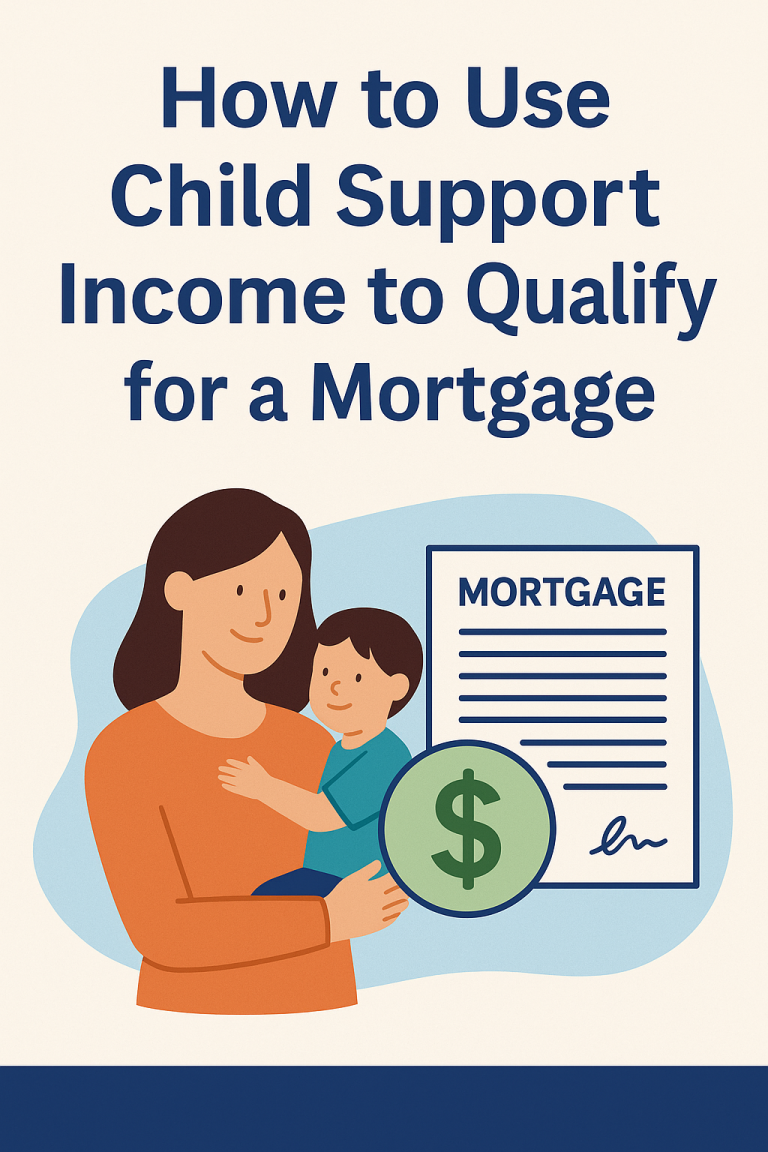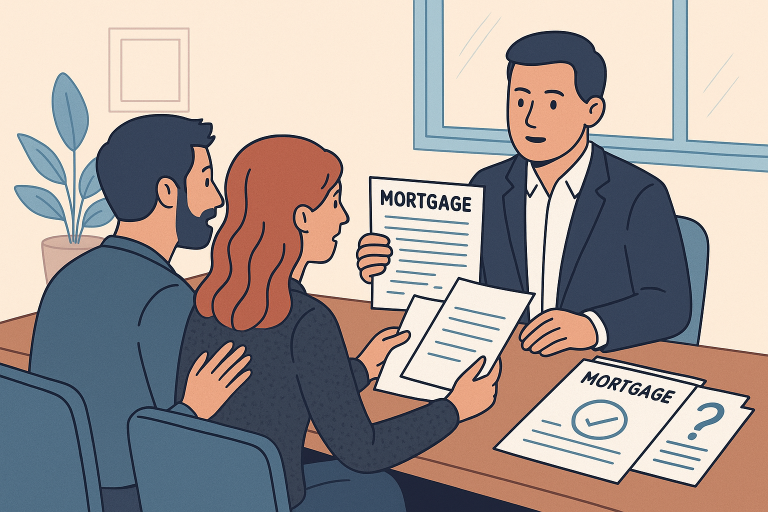Obtaining financing to buy a home is undoubtedly a process of documenting, explaining and documenting some more. Here is how a car lease can be a hurdle for home buying plan. Work-around options…
What You Pay Counts
When you apply for a mortgage loan, a mortgage broker is going tally up total payments you make on all obligations including credit cards, student loans, personal loans, car debts and other mortgages if applicable, and use that number against your income. The net figure of these numbers is how much mortgage payment you can have. Sounds easy and simple enough right? Well the concept is, but if more than 25% of your income is already going to obligations, you may not be able buy as much home as you may think. When you have other obligations your income is already predetermined for like the above mentioned obligations, your ability to borrow can be greatly limited. A $300 per month car lease for example is equal to about a $50k swing in buying power.
*Remember-lenders will use only what you’re obligated to pay on obligations. If you choose to pay more on your own volition, that’s a good financial move in most cases, but the mortgage company doesn’t give you any benefit for choosing to pay more than what is due.
Car Leases
Unlike an auto loan, a car lease can be trickier to workaround if you’re trying to pay off debt to qualify. Let’s say your credit report shows a car lease payment at $300 per month. There is balance on the credit report of $6k due which is the remainder of the lease. If you had a car loan with these exact terms you could write a check to pay off the $6k obligation, case closed. Not the case with a car lease. The balance of the car is still due to get out of the lease, more than likely, well beyond the $6k due of end of the lease term. To qualify, the lender will need to verify there is no obligation due for car. If you give the car back, the balance becomes due, and the mortgage company may ask what you’re going to drive instead especially if there is a commute time from where you work in relationship where you plan to be residing. Should you find yourself in this predicament here are some options to consider:
- Call your car dealer-ask them if they have any specific options for getting out of the lease. You’ll need to make it crystal clear to them you must be out of the lease obligation completely.
- Transferring the lease to someone else-your mortgage company should be okay with this option as long as they can show and verify the obligation is completely out of your name and that there is no longer an obligation due. Google “car lease transfers to other party” for options if you’re car dealer doesn’t have any transfer suggestions.
- Pay out-give the car back, pay the monies due and either buy a new vehicle in cash with no obligation removing any debt to income ratio predicament or finance a car that has a lower monthly payment obligation. The goal here is lowering the payment or totally removing the debt if you want to maximize your buying power custom to your financial situation.
- Cost Of Funds- how great of a deal your car lease is shouldn’t matter if you are serious about buying a home, plain and simple. Ask yourself: is the car more important than the house?
Paying off debt to qualify for a home mortgage usually needs to be documented in the following ways:
- Monies used to pay off the obligation cannot come from the reserve requirement your lender almost certainly has. Lenders usually want you to have at least 3-4 mortgage payments in the bank, called reserves as a cushion when granting your loan request.
- Paper trail-you’ll need to produce a paper trail showing money leaving your bank account and going to the creditor to pay off the obligation or a copy of the cancelled check.
All the above steps and tasks may seem unnecessary and overly repetitive, but it is a byproduct of a compliant mortgage lending world we now operate in to ensure lenders are making good loans and more importantly, you can actually afford the house you are looking to buy.
Looking to buy a home? Begin with a free rate, payment and cash to close quote.
Share:
RELATED MORTGAGE ADVICE FROM SCOTT SHELDON
Why Lenders Request the Same Documents More Than Once
If you’ve ever applied for a mortgage, you’ve probably wondered why lenders sometimes ask for…
VA Loans and the Clear Pest Report Requirement: What Buyers Need to Know
If you’re a homebuyer using a VA loan to finance your property, there’s a unique…
View More from The Mortgage Files:
begin your mortgage journey with sonoma county mortgages
Let us make your mortgage experience easy. Trust our expertise to get you your best mortgage rate. Click below to start turning your home dreams into reality today!



